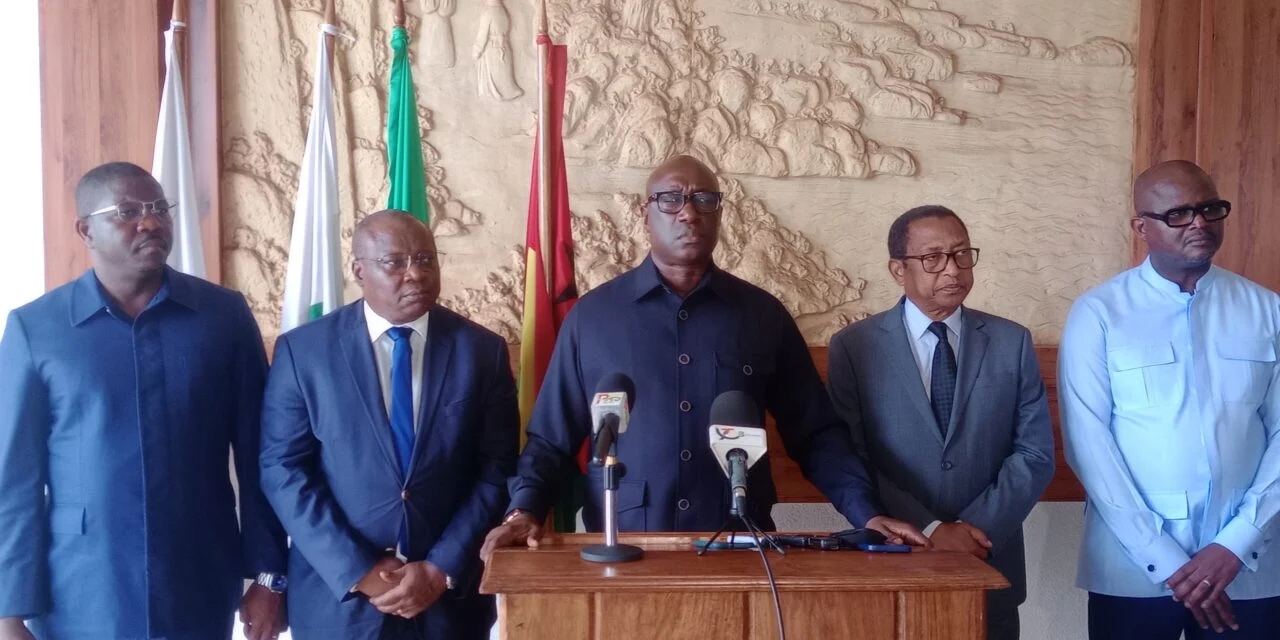Gamùbiaj.com – (BISSAU, Guinea-Bissau) – The Government of Guinea-Bissau is under growing international pressure following its decision to expel three major Portuguese media outlets from the country, a move critics say threatens press freedom just months before crucial elections.
On Tuesday, Foreign Minister Carlos Pinto Pereira confirmed that the government had suspended and ordered the departure of Agência Lusa, Rádio Portugal (RDP), and RTP África. He declined to provide immediate justification but assured that the reasons would be made public “in due course.”
The expulsions, which took effect on August 19, have drawn sharp condemnation from press freedom advocates and Portugal. Reporters Without Borders (RSF) denounced the measure as “a violation of pluralism and the right to information,” urging authorities in Bissau to “immediately lift the suspension” and reinstate the journalists.
“This is a serious blow to media pluralism in Guinea-Bissau,” RSF warned in a statement, adding that the timing — three months before presidential and legislative elections — risks fostering self-censorship and undermining independent electoral coverage.
Sadibou Marong, RSF’s Director for Sub-Saharan Africa, said the move “sends a worrying signal to all media professionals” and could seriously compromise the quality and fairness of reporting ahead of the November polls.
In Lisbon, the expulsions triggered a diplomatic response. Portugal’s Foreign Minister Paulo Rangel said he had raised the matter with his Bissau-Guinean counterpart, stressing the need for a quick resolution. Earlier, Portugal’s Foreign Ministry condemned the decision as “highly reprehensible and unjustifiable,” pledging to support the affected media outlets in their push to reverse the ban.
Editorial boards of Lusa, RTP, and RDP jointly described the expulsions as “a deliberate attack on freedom of expression.”
Guinea-Bissau’s Prime Minister, Braima Camará, meanwhile, defended the government’s broader agenda, emphasizing that preparations for the November 23 elections remain on track. He reiterated that while the government welcomes international support, all assistance must respect national sovereignty.
The government’s promise of an eventual explanation for the expulsions has done little to calm concerns among press freedom groups and international partners, who view the measure as a troubling signal of political intolerance at a sensitive moment in the country’s democratic process.










